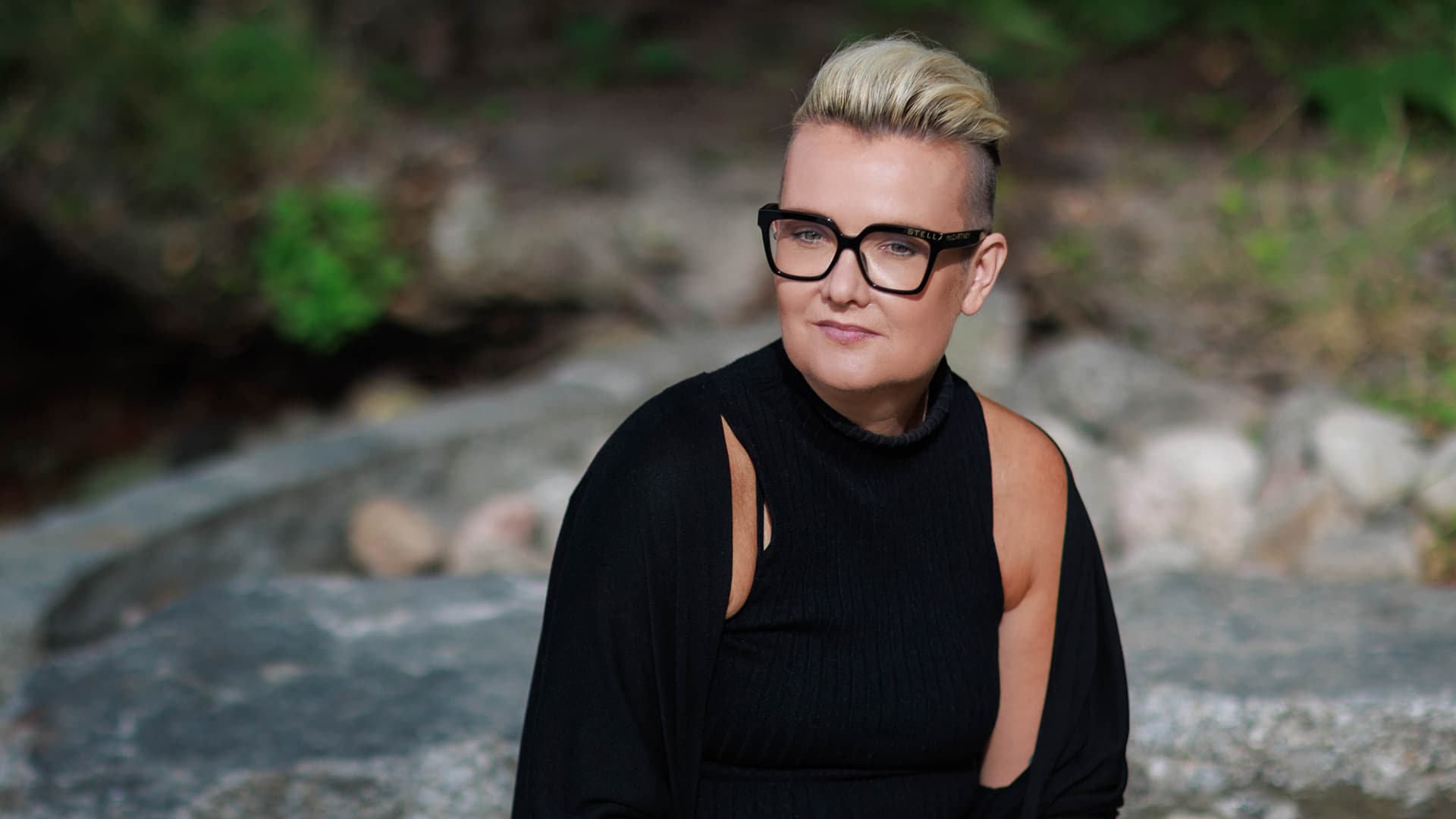
Loved ones’ grief
The thoughts and feelings of loved ones about the impending death of their family member or friend may be conflicted. On the one hand, they want the patient’s death to be painless and an end to suffering, and yet they want the patient to live as long as possible. The closer the patient is to you, the harder it is to let go.
The death of a loved one and the ensuing grief is a long process with many stages
Death is always an upset no matter how used you have got to the idea that the disease is incurable. The initial reaction is shock and a feeling of depression. It is best to arrange the funeral only after a couple of weeks of the loved one’s death so that the memory of it is lasting and you can be emotionally present at the occasion and be receptive to expressions of consolation. Fast track funerals do not expedite the process of grieving and recovering from it.
It may take some weeks after the loved one’s death before questions and difficult feelings associated with the loss start to surface. If there are questions that need answering, the family and friends of the patient can get in touch with the patient’s doctor, home care nurse or hospital ward. For example, remembrance and grief groups are arranged at hospices and churches.
The death of a loved one and the ensuing grief is a long process with many stages. It is a natural human response to loss. Grief is a personal process. It is not a single emotion but covers a range of emotions – missing, unease, anger, guilt. It can affect you physically as well as mentally. Having trouble concentrating, memory lapses, fatigue and various illusory sensations are common experiences prompted by grief.
The main thing is not to refuse or dismiss feelings of grief. Every one must grieve their own loss. Anxiety does not vanish by trying to suppress your feelings. Crying and talking openly relieve your feelings. Support from family and friends are a source of strength. Visiting the loved one’s grave, burning candles, prayer and other rituals are also part of grieving and often provide relief.
Grief is often depicted as coming in waves. At times it feels as if life is returning to normal, and then every so often feelings of grief are resurgent. As day-to-day sorrow subsides, feelings of missing become stronger around the times of the deceased’s birthday or date of death.
Sometimes mourning is impeded, for instance because of another difficult life situation, in which case it may get channelled into physical illness or drug or alcohol dependence. The feelings involved in mourning and grief may also become prolonged and turn into depression. Not everyone has the opportunity to share their grief with others. In such situations it is good to seek professional advice.
You might also be interested

Supporting a person who is ill
Seeing a loved one suffering and in pain can make you feel helpless and insecure. You both have your own suffering to deal with. You would like to be there to support and help them, but you don’t know how or in what way.
Read article
How do I cope with it all?
The strongest emotions often subside gradually over time, and adjustment becomes more and more an inner work in itself.
Read article
Taking care of yourself
Taking care of daily routines is part of self-care. Taking care of yourself during your illness is the most important way you can contribute to your recovery.
Read article